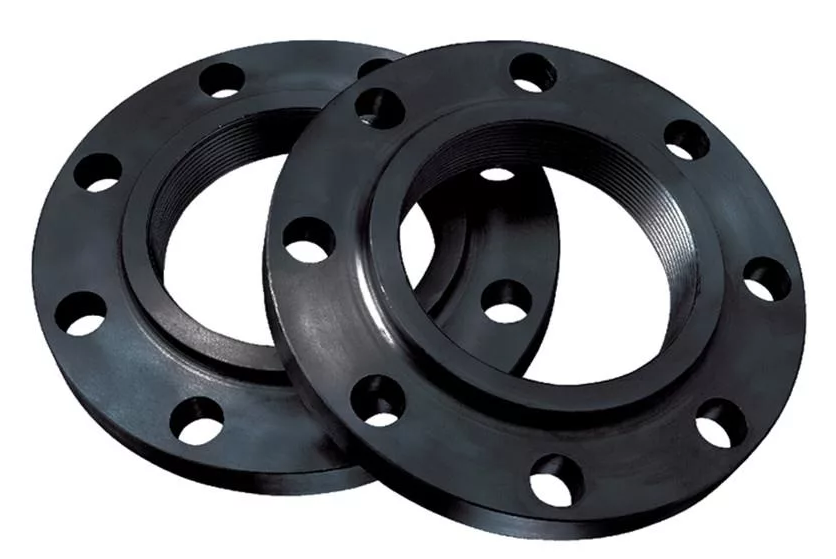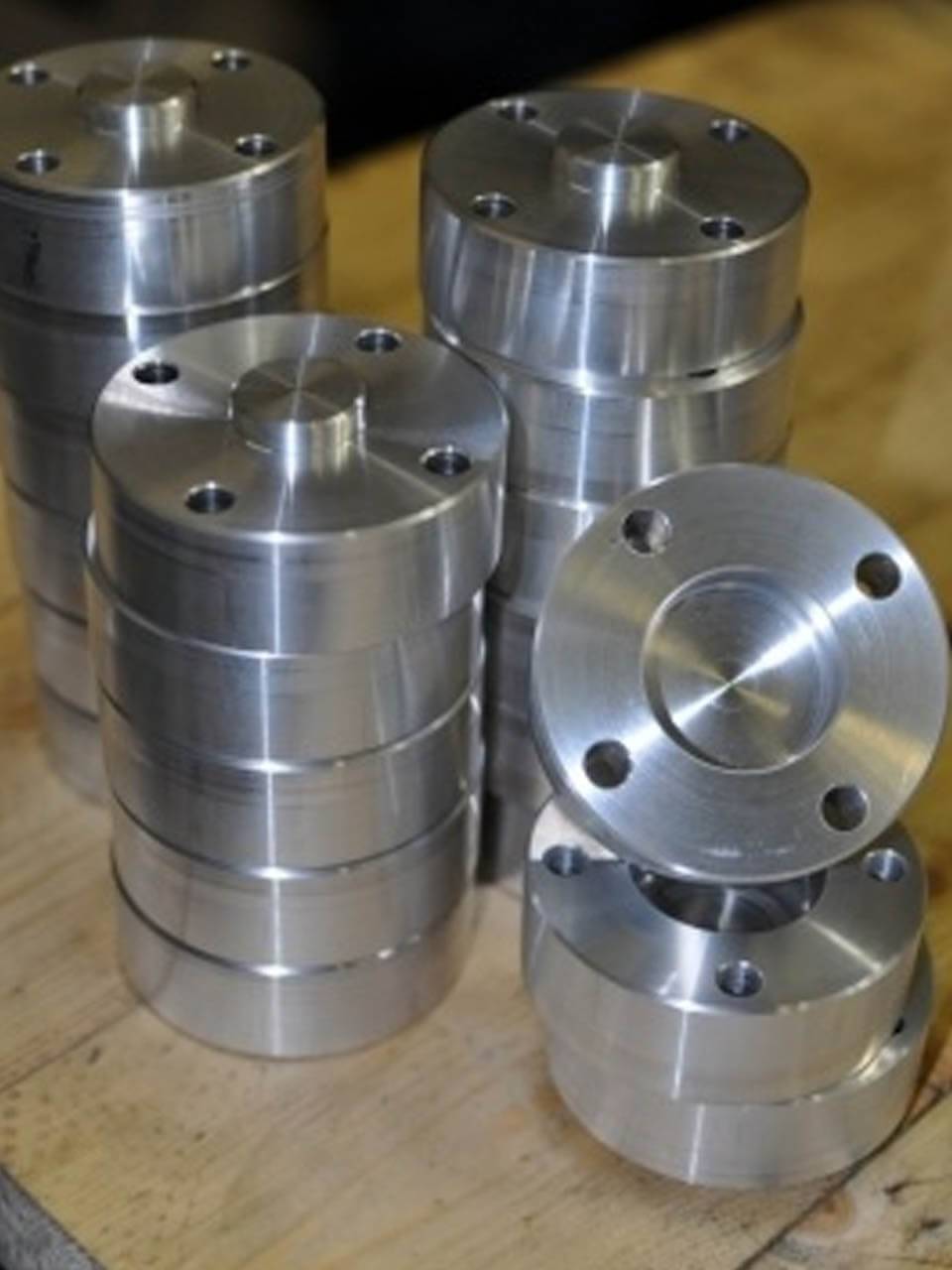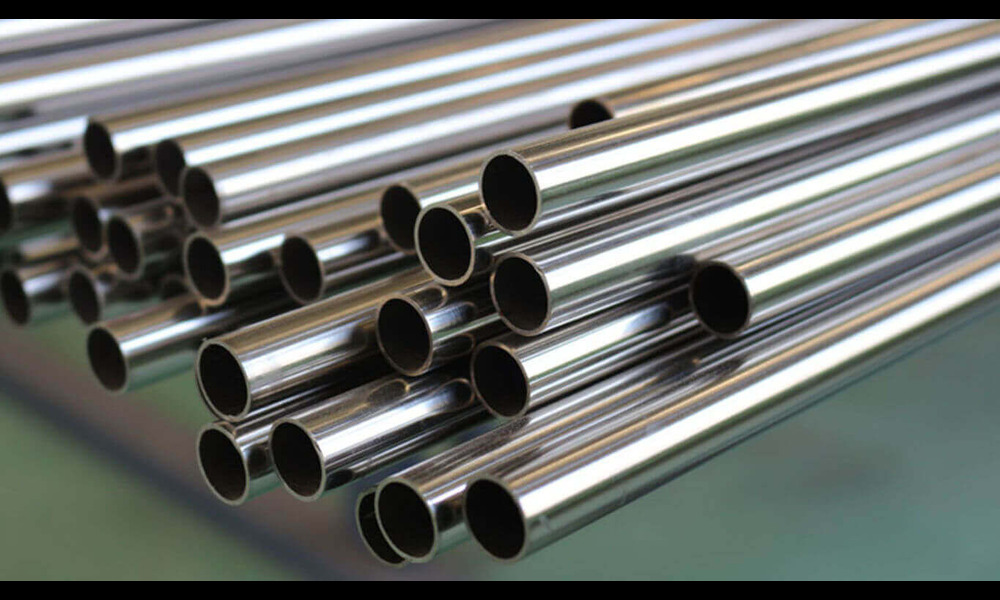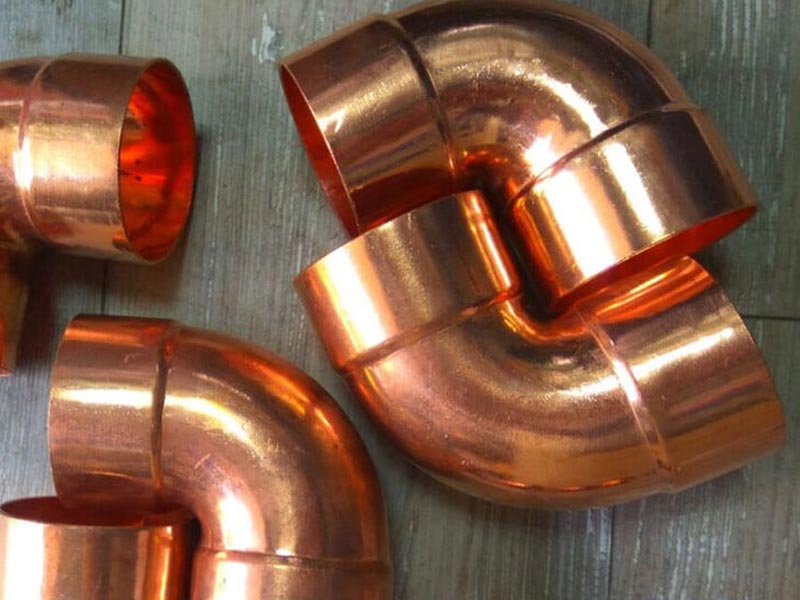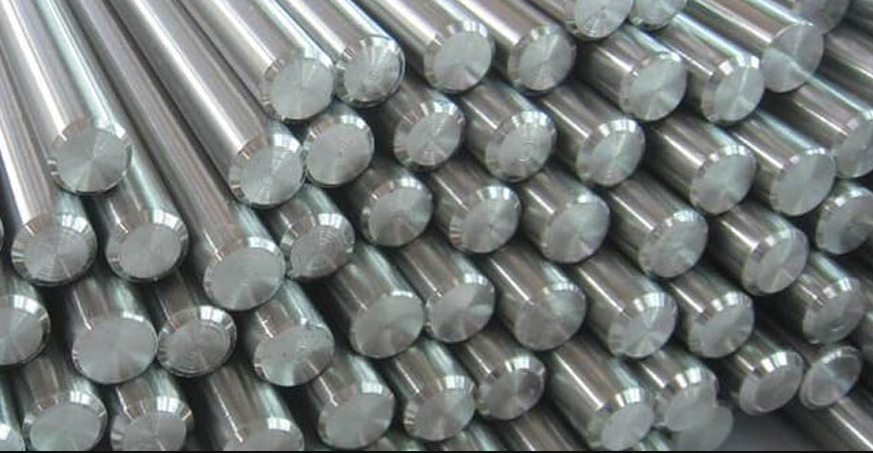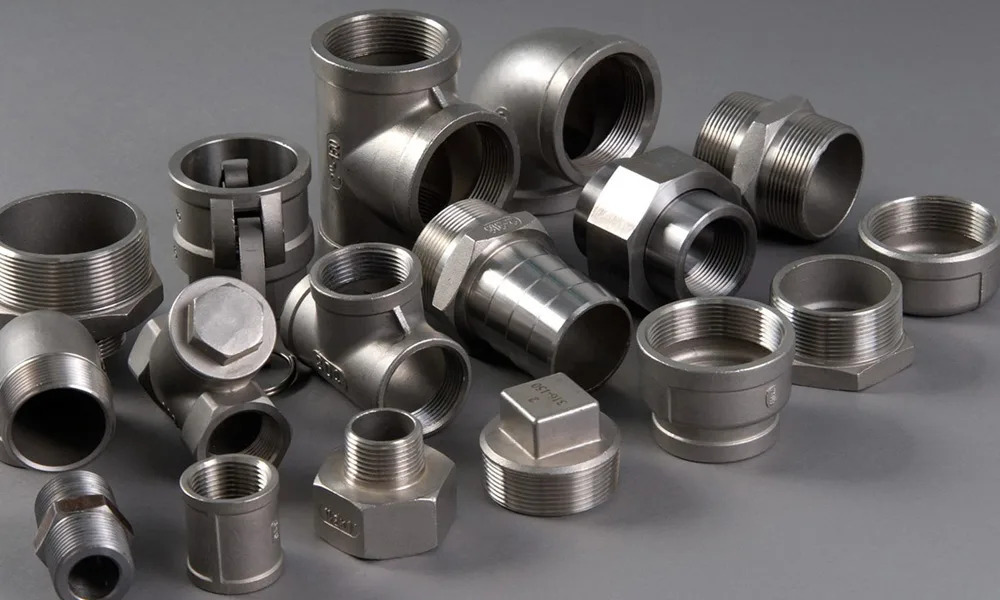If you’re responsible for the maintenance and upkeep of a pipeline system, then ensuring your pipes are working properly is an essential job. The good news? It’s easy to prevent leakage with carbon steel flanges! As an important component in almost every industrial piping system, flanges help connect sections while providing stability against pressure fluctuations and leaks. This blog post explores why carbon steel flanges are the perfect solution for keeping your pipelines leak-free and reliable. Keep reading to learn more about how these specialized components work harmoniously with pipeline systems!
What are Carbon Steel Flanges?
Carbon Steel Flanges are mechanical pipe fittings used to connect two pipes. They have a raised face on one end, designed to contain the pressure of the connected pipes. Carbon steel flanges, or CSF as often referred to, are commonly found in industrial settings and, more recently, domestic applications due to increased product availability and affordability. They create strong, safe seals that survive extreme temperature changes and pressures. Different materials, such as stainless steel or aluminium, may also be used depending on the application requirements, such as corrosion resistance.
How Do Carbon Steel Flanges Prevent Leakage?
Carbon steel flanges are a common way to prevent leakage in pipes. The flanges form a seal when bolted with the correct gasket, creating an effective barrier between the pipes. This prevents any leakage from occurring and keeps the connection secure and tight. Carbon steel is ideal for this purpose as it offers superior strength and durability, making it extremely resistant to corrosion or cracking even in severe environmental conditions. All in all, carbon steel flanges provide a reliable solution for preventing leakage in your piping system.
Advantages of Using Carbon Steel Flanges
Carbon steel flanges are a common type of flange used in many industrial applications. Their main advantages include strength, durability, and corrosion resistance, as they are made of high-grade carbon steel. Carbon steel joints also provide superior sealing capabilities compared to other materials, allowing for tighter connections with little need for maintenance or repair over time. Additionally, since carbon steel is strong and lightweight, it can easily be machined to create precise flanges that can withstand extreme temperatures and pressures without sacrificing quality or performance.
Factors to Consider When Choosing Carbon Steel Flanges
When selecting CS flanges, there are several important factors to consider. First and foremost is the pressure rating for your application: You want to ensure your flange will handle the maximum pressure needed without the risk of a leak or failure. Additionally, you need to factor in temperature compatibility with other components, corrosion resistance and the environmental conditions associated with its use. Additionally, you should choose an appropriate bolt pattern size that can adequately fit your pipeline or vessel connection needs. Finally, be aware of applicable codes and regulations governing this type of component and how it relates to safety in particular scenarios. Considering all these items when selecting carbon steel flanges will ensure you have the right product for every specific application.
Conclusion
In conclusion, carbon steel flanges are essential in preventing leakage in pipeline systems. They provide a reliable and robust seal that can withstand extreme pressure and temperatures, helping to ensure the safe and secure transport of oil and gas products. Companies can protect their assets, reduce downtime, and prevent environmental hazards by choosing the right flange for each pipeline’s specific requirements. By ensuring that pipelines remain secure and sealed, we can continue to rely on these critical infrastructure components for years to come


